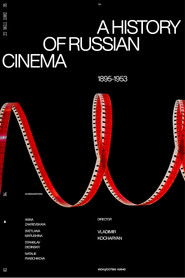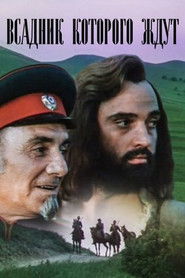detail profile vladimir kocharyan

Vladimir Kocharyan
Владимир Кочарян
atau dikenal sebagai
Riwayat Hidup
Vladimir Kocharyan is a filmmaker, curator.
Born and raised in Yakutia in the family of Armenian father and Yakut mother.
For the last 10 years, Vladimir has worked as a program curator for many retrospectives, festivals, and educational film projects.
He worked as a creative producer at the "Lendok" St.
Petersburg Documentary Film Studio, and as executive director of the oldest Russian cinema magazine “Iskusstvo Kino”.
Participant of the Berlinale Talents program in 2020.
Currently lives in France and works as a film festival curator of Golden Apricot film festival (Armenian).
In 2024, his book dedicated to Yakut cinema, "Yakut Cinema - The Path of Self-Determination," was published in Russia.
Info Pribadi
Peran Yang Di Mainkan Vladimir Kocharyan
 A documentary road movie Traveling across...
A documentary road movie Traveling across...Yakutia — Between The Worlds 2024
A documentary road movie. Traveling across his homeland, the filmmaker explores what Yakut cinema is, and what it means to the Sakha people and to himself.
 A two part documentary about the...
A two part documentary about the...A History of Russian Cinema. The Birth of the Myth. 2023
A two part documentary about the first five decades of Russian cinema: from its birth to 1953 - the death of Stalin and the first seedlings of the thaw. The film covers the most important milestones of cinema. Its introduction as a lowbrow entertainment, the impact of WWI and revolutions on the film process. The principal masters - Kuleshov, Vertov, Eisenstein - and their discoveries in film language at the turn of the 1920-30s. The arrival of sound. The evacuation of the Soviet film industry during WWII and the heroic work of the wartime documentary crews. Restricted film production and early signs of the thaw in the late 1940s - early 1950s. Film historians and art critics, directors and screenwriters put the history of cinema in a broader context, considering the path that the country took from Tsarist Russia to the totalitarian state under the rule of Stalin.

